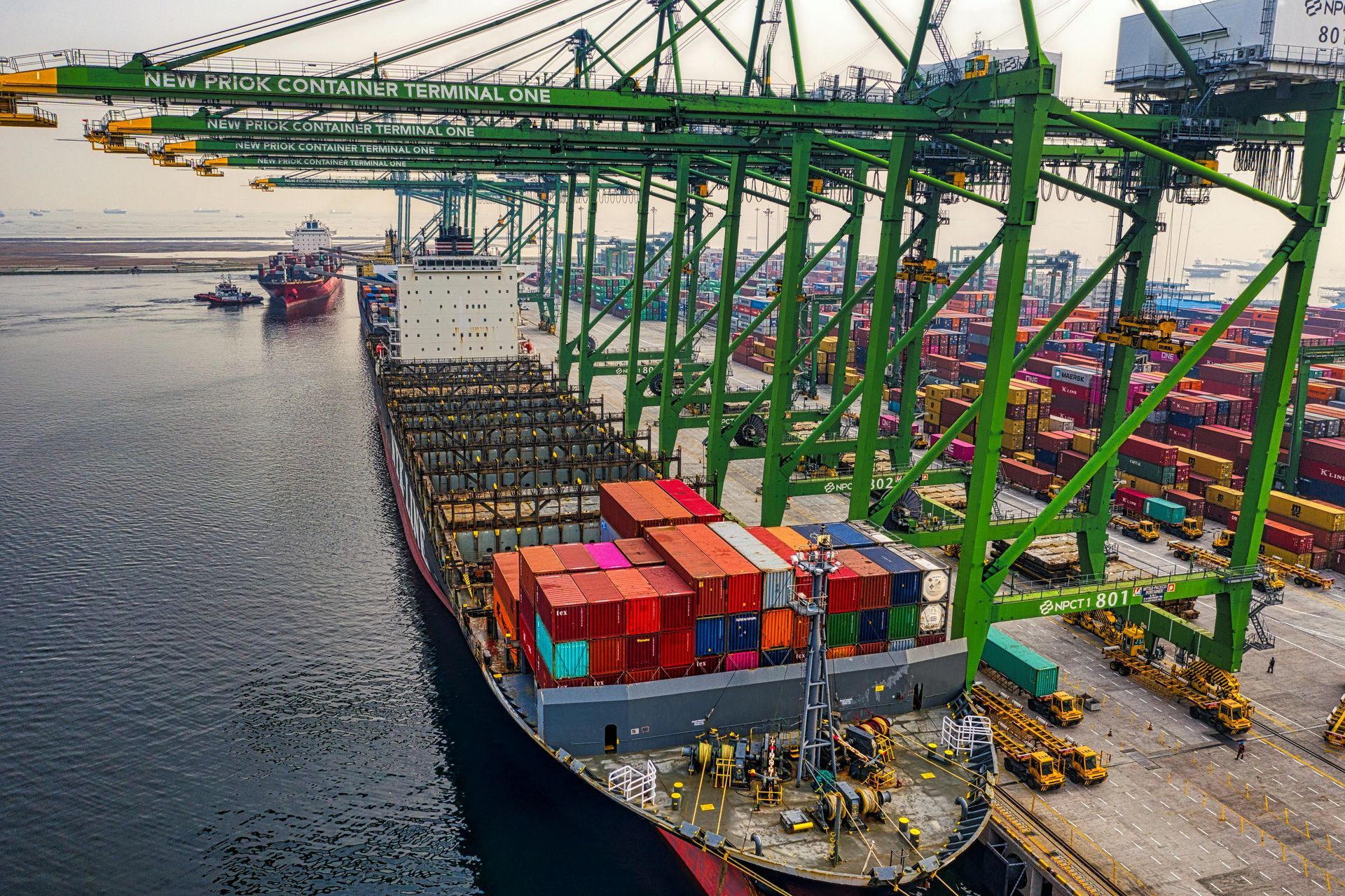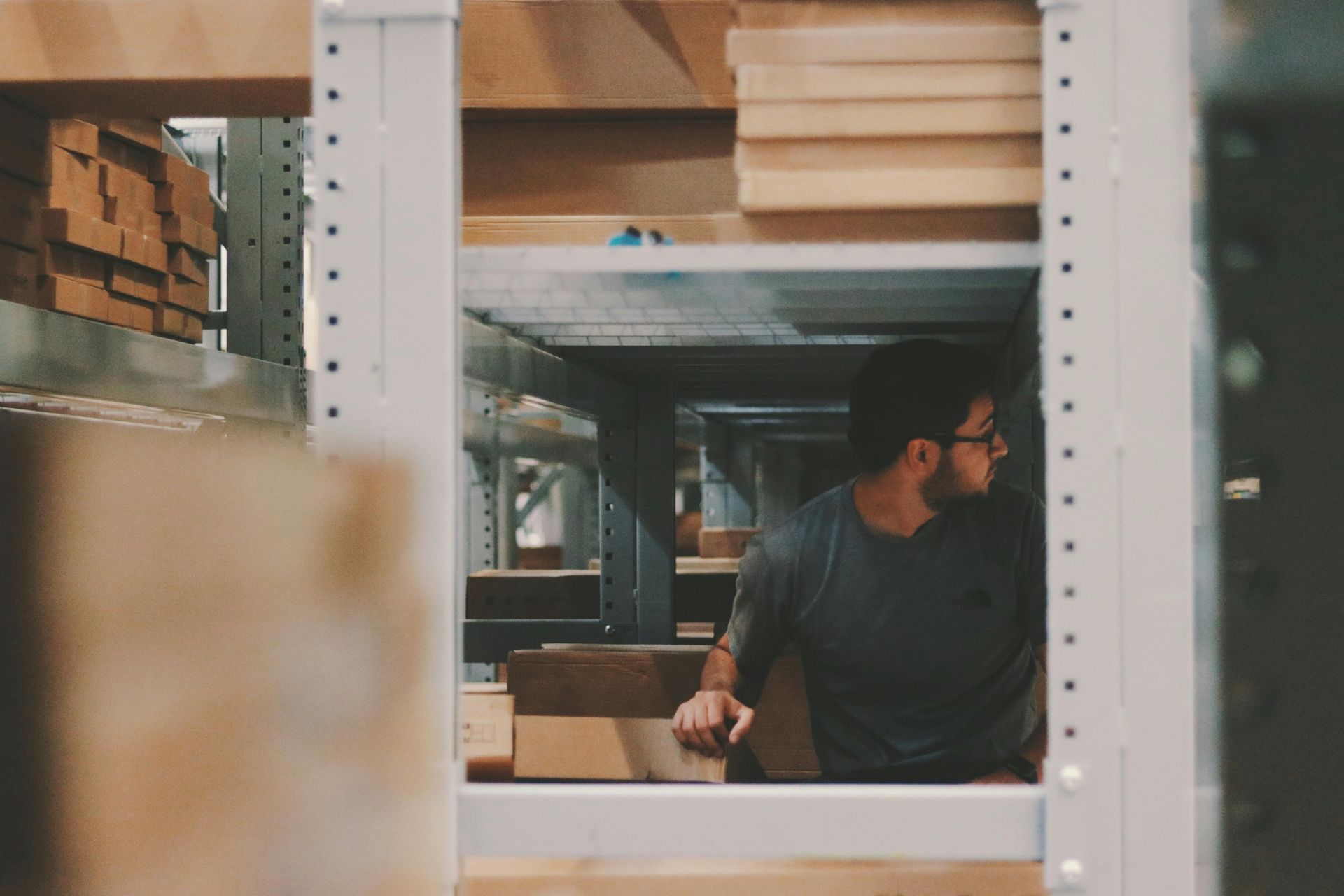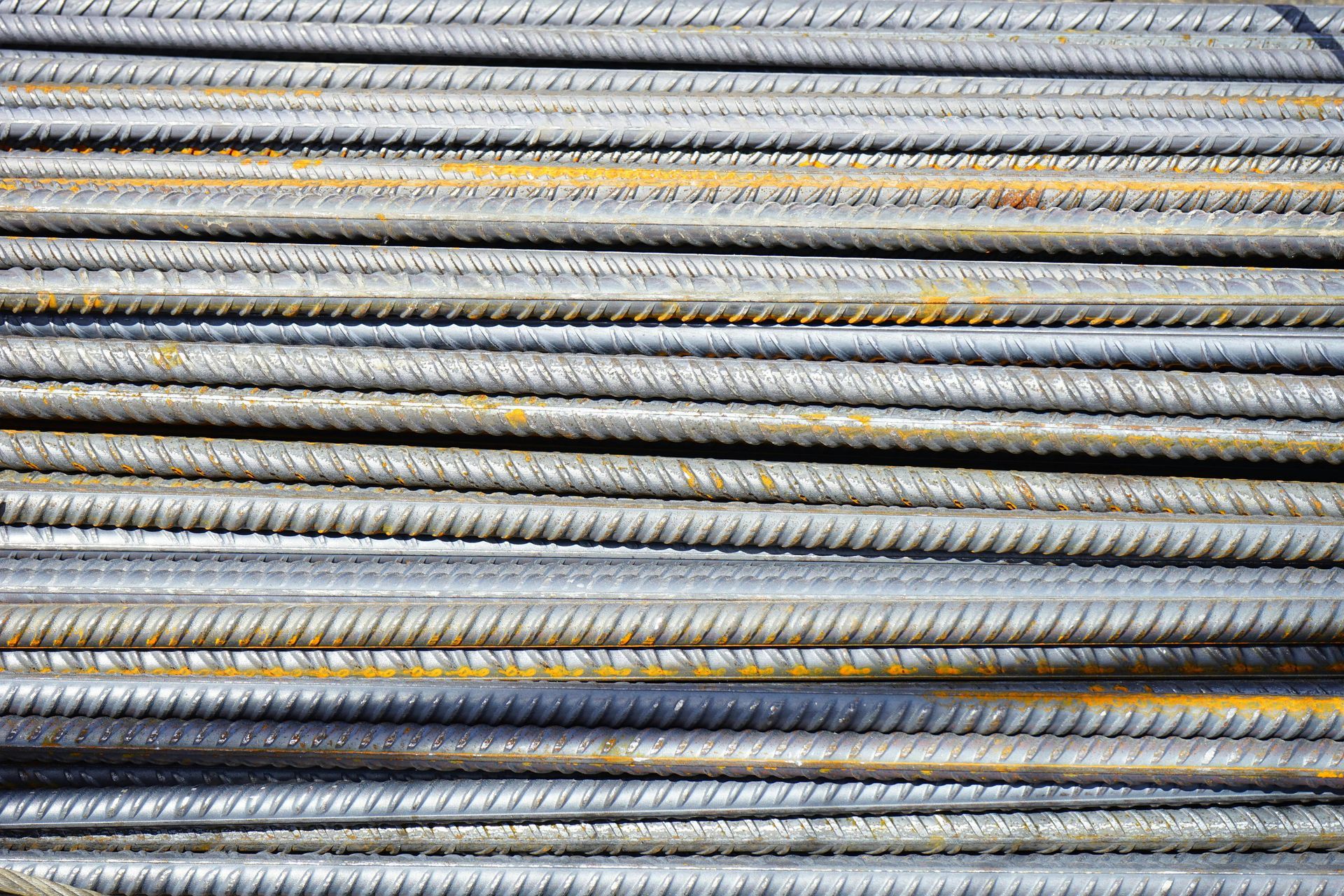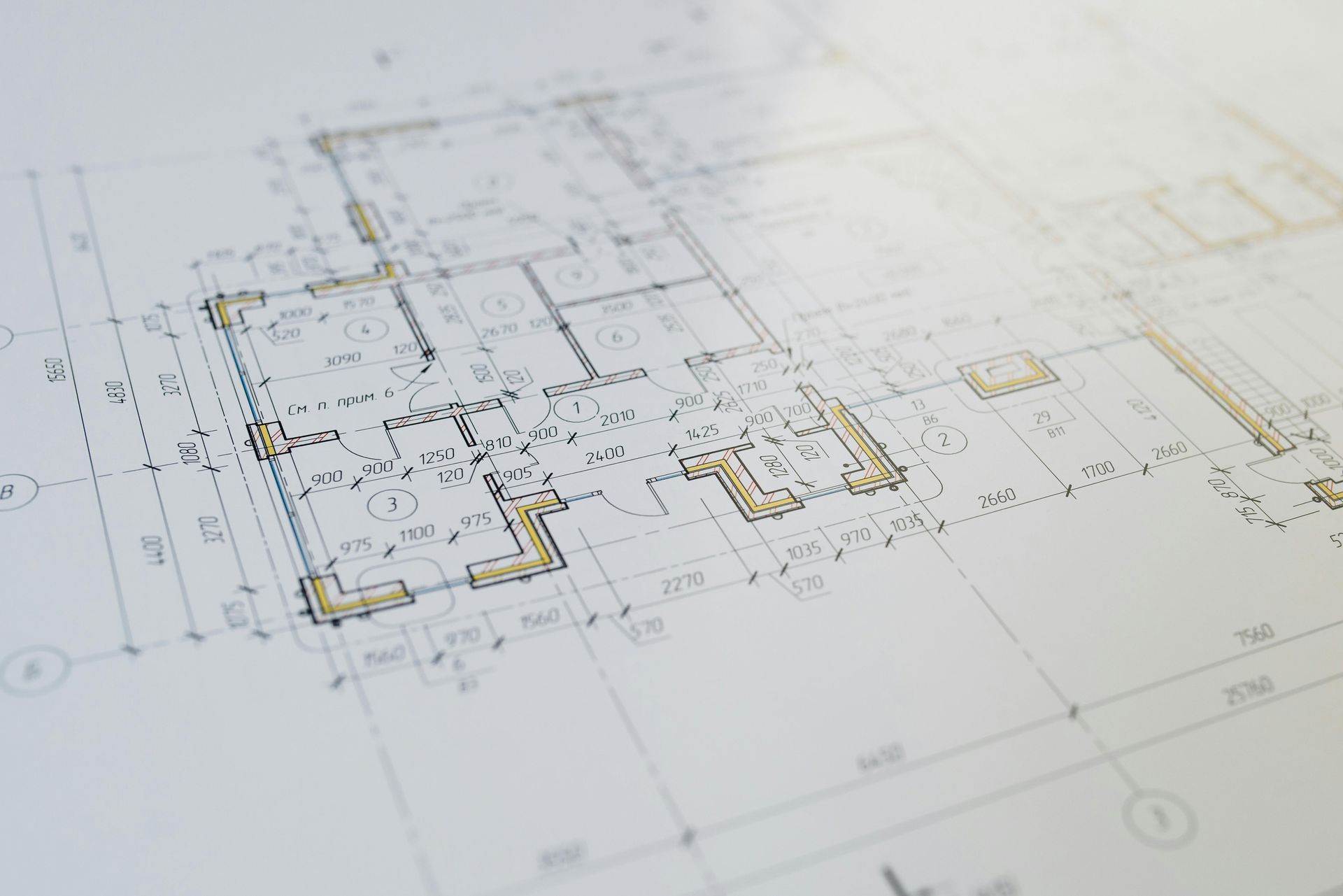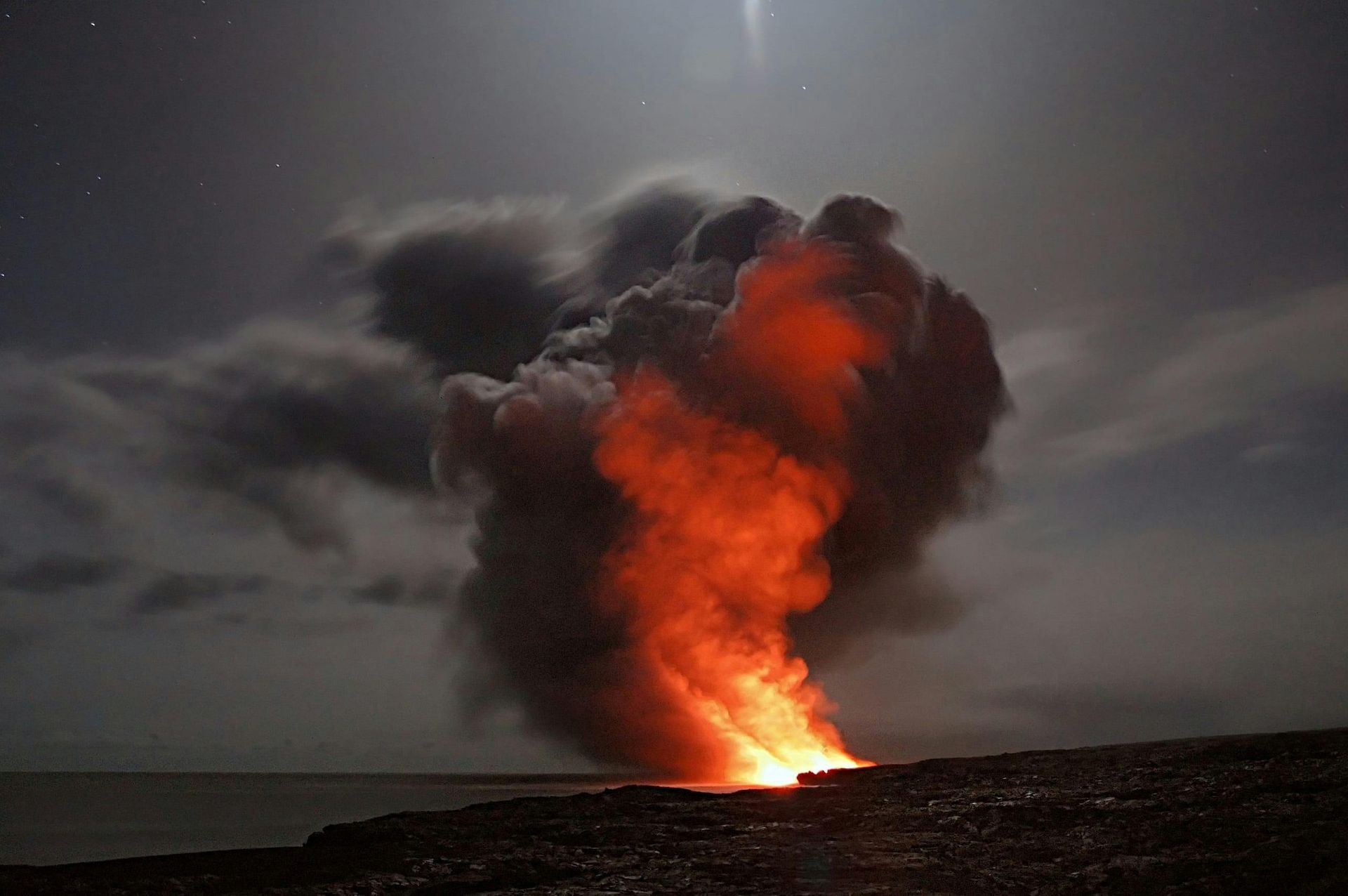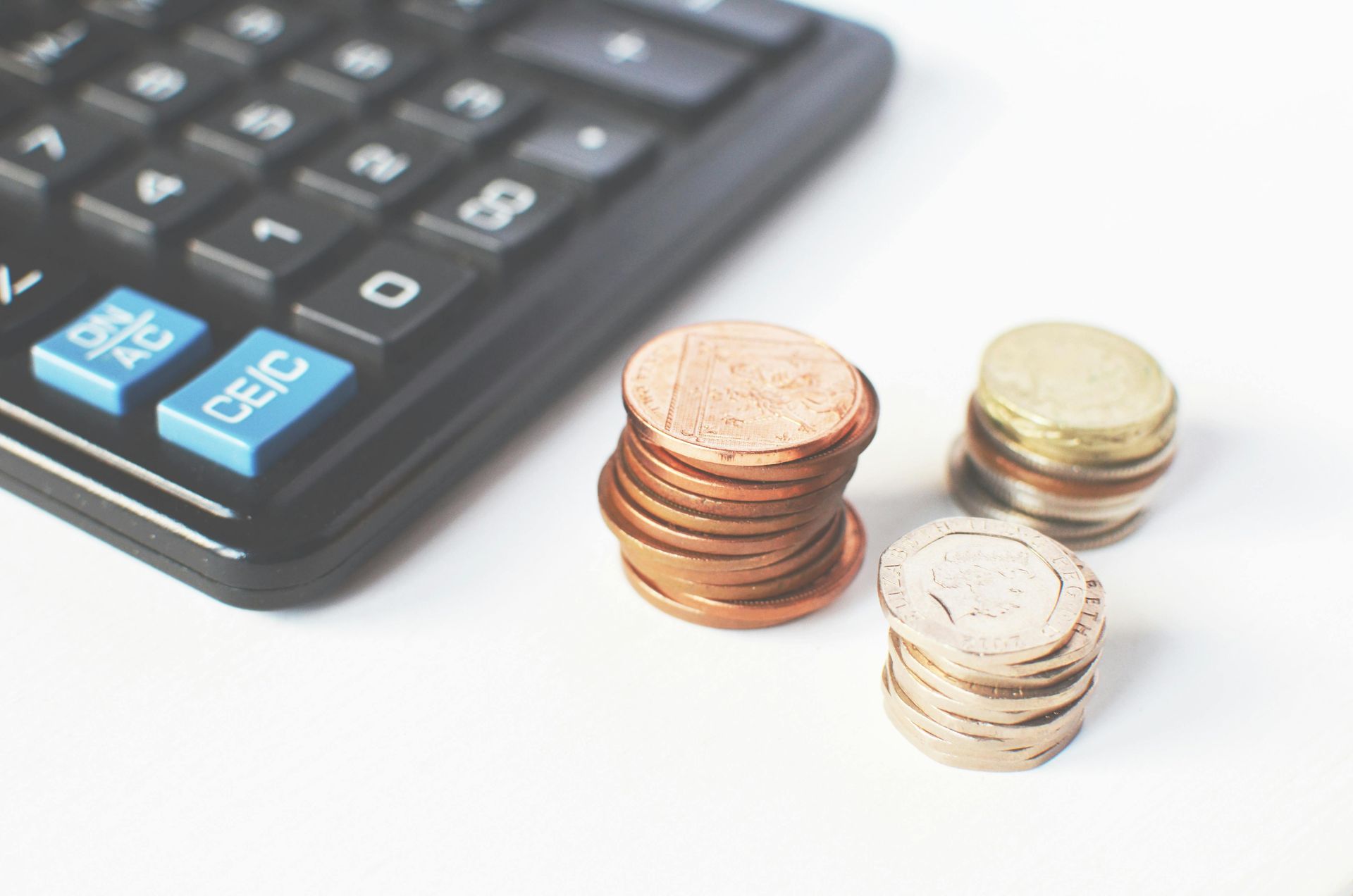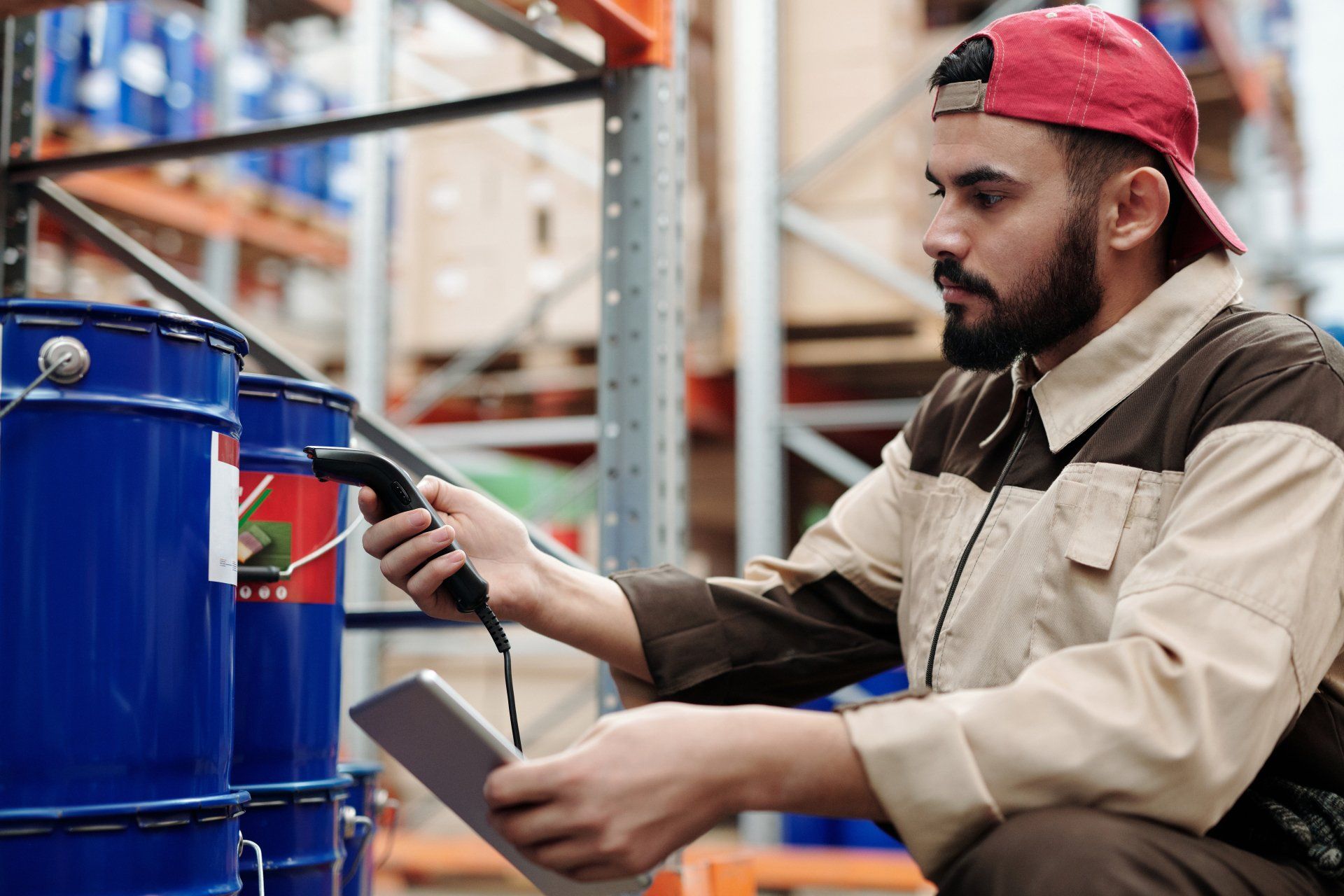Energy Efficiency in MDUs: Strategies for a Sustainable Future
As urban populations continue to grow, the importance of energy efficiency in Multiple Dwelling Units (MDUs) cannot be overstated. Energy-efficient buildings not only help reduce the carbon footprint of cities but also offer significant cost savings for both residents and building owners. In high-density environments like MDUs, optimizing energy usage is key to creating sustainable, comfortable, and affordable living spaces. Modern technologies, innovative design approaches, and conscious decision-making are reshaping how energy is used in residential buildings, paving the way for a more sustainable future.
In this blog post, we will explore key strategies for enhancing energy efficiency in MDUs. From building envelope improvements to renewable energy integration and smart energy management systems, we'll dive into the practical solutions that developers, property managers, and residents can adopt to create greener and more energy-efficient urban communities.
Building Envelope Improvements
The building envelope, which includes walls, roofs, windows, and doors, plays a crucial role in determining the overall energy efficiency of an MDU. A well-designed building envelope can significantly reduce the need for heating and cooling, thereby lowering energy consumption.
- High-Performance Insulation: Proper insulation is essential for preventing heat loss in the winter and keeping interiors cool in the summer. High-performance insulation materials, such as spray foam, rigid foam board, and mineral wool, can help maintain comfortable indoor temperatures while minimizing the need for energy-intensive HVAC systems. Installing effective insulation in walls, roofs, and floors is a fundamental step toward improving the energy efficiency of MDUs.
- Energy-Efficient Windows and Doors: Windows and doors are often the weakest points in a building's thermal envelope. Double-glazed or triple-glazed windows, along with energy-efficient doors, can help reduce heat transfer and prevent drafts. Low-emissivity (Low-E) coatings on windows further enhance their thermal performance by reflecting infrared heat, keeping interiors warmer in the winter and cooler in the summer.
- Air Sealing: Air leaks can be a major source of energy loss in MDUs. Sealing gaps, cracks, and openings around windows, doors, and utility penetrations can help prevent unwanted air infiltration and improve the overall energy efficiency of the building. Air sealing also enhances indoor comfort by reducing drafts and maintaining consistent temperatures throughout the building.
Energy-Efficient HVAC Systems
Heating, ventilation, and air conditioning (HVAC) systems are among the largest energy consumers in MDUs. Upgrading to energy-efficient HVAC systems can lead to significant energy savings and improved comfort for residents.
- High-Efficiency Heat Pumps: Heat pumps are an energy-efficient alternative to traditional heating and cooling systems. They work by transferring heat rather than generating it, making them more efficient and environmentally friendly. Modern heat pumps can provide both heating and cooling, making them a versatile solution for MDUs.
- Variable Refrigerant Flow (VRF) Systems: VRF systems are a type of HVAC technology that allows for precise temperature control in different areas of a building. VRF systems use refrigerant as the cooling and heating medium, and their ability to adjust the flow of refrigerant based on demand makes them highly energy-efficient. This is especially beneficial in MDUs, where different units may have varying temperature requirements.
- Smart Thermostats: Smart thermostats allow residents to control the temperature of their units remotely and set schedules based on their preferences. These thermostats can learn residents' habits over time and make automatic adjustments to optimize energy usage. By reducing unnecessary heating and cooling, smart thermostats contribute to overall energy savings and enhanced comfort.
Renewable Energy Integration
Incorporating renewable energy sources into MDUs is a powerful way to reduce reliance on fossil fuels and lower greenhouse gas emissions. Renewable energy systems can be used to generate electricity, heat water, and provide supplemental heating and cooling.
- Solar Photovoltaic (PV) Panels: Solar PV panels can be installed on rooftops or other suitable areas to generate clean electricity for MDUs. Solar energy can be used to power common areas, such as lighting, elevators, and HVAC systems, or even be distributed to individual units. By harnessing solar power, MDUs can reduce their dependence on grid electricity and lower energy costs for residents.
- Solar Thermal Systems: Solar thermal systems use the sun's energy to heat water, providing an eco-friendly alternative to traditional water heating methods. Solar water heating systems are particularly effective in reducing the energy consumption associated with hot water production, which is a significant energy expense in MDUs.
- Battery Storage: Pairing solar PV systems with battery storage can further enhance the energy resilience of MDUs. Battery storage allows excess solar energy to be stored and used during periods of high demand or when solar generation is low. This helps reduce peak energy consumption and provides a reliable backup power source in case of grid outages.
Smart Energy Management Systems
Smart energy management systems are transforming the way energy is used and monitored in MDUs. By providing real-time insights into energy consumption and enabling automated controls, these systems help optimize energy usage and reduce waste.
- Building Energy Management Systems (BEMS): BEMS are centralized systems that monitor and control the energy consumption of an entire building. These systems use sensors and data analytics to optimize HVAC, lighting, and other building systems based on occupancy and demand. By automating energy management, BEMS can significantly reduce energy consumption while maintaining a comfortable environment for residents.
- Submetering: Submetering involves installing individual energy meters for each unit in an MDU. By providing residents with real-time data on their energy usage, submetering encourages energy-conscious behavior and allows residents to take control of their energy consumption. Submetering also enables fair and accurate billing, as residents are only charged for the energy they use.
- Demand Response Programs: Demand response programs encourage residents to reduce their energy usage during peak demand periods, such as hot summer afternoons when the electrical grid is under strain. By participating in these programs, residents can help reduce the overall energy demand of the building and receive financial incentives for their efforts. Smart thermostats and energy management systems can automatically adjust energy usage during peak times, making it easier for residents to participate in demand response initiatives.
Energy-Efficient Lighting and Appliances
Lighting and appliances are significant contributors to energy consumption in MDUs. By choosing energy-efficient options, developers and residents can reduce energy usage and lower utility costs.
- LED Lighting: LED lighting is far more energy-efficient than traditional incandescent or fluorescent lighting. LEDs use less electricity, have a longer lifespan, and produce less heat, making them an ideal choice for both individual units and common areas. Installing motion sensors and timers in common areas, such as hallways and parking garages, can further enhance energy efficiency by ensuring that lights are only used when needed.
- Energy Star Appliances: Energy Star-certified appliances are designed to use less energy and water compared to standard models. Installing Energy Star refrigerators, dishwashers, washing machines, and other appliances in MDU units can lead to significant energy and cost savings for residents. Energy-efficient appliances also contribute to a greener and more sustainable building overall.
- Efficient Lighting in Common Areas: Common areas such as lobbies, stairwells, and hallways can benefit from energy-efficient lighting solutions. Using daylight sensors that adjust lighting levels based on the amount of natural light available can help reduce energy consumption during the day. In addition, installing dimmable LED fixtures allows for greater control over lighting intensity, ensuring that common areas are well-lit without wasting energy.
Resident Engagement and Education
Engaging residents in energy efficiency initiatives is crucial for achieving meaningful energy savings in MDUs. By educating residents about energy conservation and encouraging them to adopt energy-efficient practices, building managers can foster a culture of sustainability within the community.
- Energy Conservation Workshops: Hosting workshops or informational sessions on energy conservation can help educate residents about the importance of energy efficiency and provide them with practical tips for reducing their energy consumption. Topics may include how to use smart thermostats, the benefits of LED lighting, and simple ways to reduce energy usage during peak hours.
- Incentive Programs: Offering incentives, such as reduced utility fees or rewards, can encourage residents to adopt energy-efficient behaviors. For example, residents who consistently use less energy than a certain threshold could be rewarded with discounts or special privileges. Incentive programs create a sense of accountability and encourage residents to take an active role in reducing energy consumption.
- Community Challenges: Organizing energy-saving challenges within the MDU community can be a fun and effective way to promote energy efficiency. Residents can compete to see who can reduce their energy usage the most over a set period, with prizes awarded to those who achieve the greatest savings. Community challenges not only help reduce energy consumption but also foster a sense of camaraderie and collective responsibility among residents.
Building a Sustainable Future with Energy-Efficient MDUs
Energy efficiency is a key component of creating sustainable urban living environments, and MDUs have a unique opportunity to lead the way in reducing energy consumption and minimizing environmental impact. By improving the building envelope, upgrading HVAC systems, integrating renewable energy, utilizing smart energy management systems, and engaging residents, MDUs can achieve significant energy savings while enhancing comfort and affordability for residents.
A commitment to energy efficiency not only benefits the environment but also adds value to the property by reducing operating costs and providing a more comfortable living experience. As cities continue to grow and the demand for housing increases, energy-efficient MDUs will play a crucial role in shaping a sustainable future for urban communities. By embracing innovative energy solutions and fostering a culture of sustainability, MDUs can create a positive impact that extends beyond their walls—benefiting residents, the community, and the planet as a whole.
